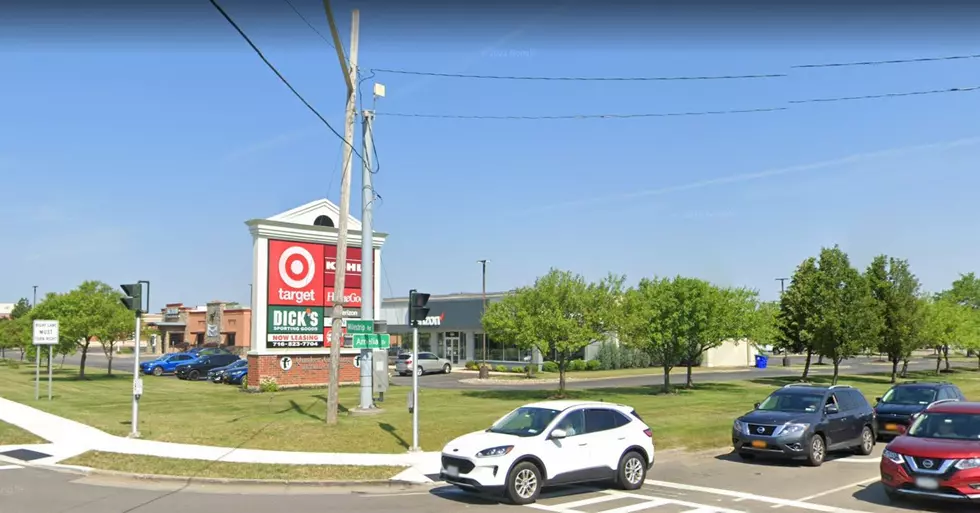Exploring The Impact Of Quaker Medical On Modern Healthcare
Quaker medical practices have been a significant part of the healthcare landscape for centuries, blending spirituality with holistic healing approaches. As a unique intersection of faith and medicine, Quaker medical traditions emphasize the importance of community support, personal well-being, and the belief in the innate healing abilities of individuals. This philosophy has not only influenced how care is delivered but has also contributed to the broader discourse on health and wellness in society.
In a world where conventional medicine often dominates, understanding the Quaker medical approach offers valuable insights into alternative healing methods. The Quaker faith, with its emphasis on simplicity, peace, integrity, community, equality, and stewardship, encourages a compassionate approach to healthcare. By drawing on these principles, Quaker medical practices provide a distinctive framework that prioritizes the patient’s experience and holistic health over mere symptom management.
As we delve deeper into the world of Quaker medical practices, we will explore various aspects, including its historical roots, key principles, and its influence on contemporary health models. Whether you are a seeker of alternative healing methods or simply curious about the intersection of spirituality and healthcare, understanding Quaker medical can broaden your perspective on health and wellness.
- Exploring The World Of Daryl Ann Denner On Reddit Insights And Discussions
- Selena Gomez And Jennifer Lopez A Deep Dive Into Their Lives And Careers
What Are the Core Principles of Quaker Medical Practices?
The foundation of Quaker medical practices rests on several core principles that guide their approach to healthcare:
- Holistic Healing: Emphasizes treating the whole person rather than just symptoms.
- Community Support: Encourages collective care and support among community members.
- Spiritual Integration: Recognizes the importance of spiritual well-being in the healing process.
- Respect for Individuality: Values the unique experience and needs of each patient.
How Did Quaker Medical Practices Emerge?
The emergence of Quaker medical practices can be traced back to the founding principles of the Religious Society of Friends (Quakers) in the 17th century. They believed in the inherent goodness of individuals and the importance of caring for one another. This laid the groundwork for a community-focused approach to health that persists today.
What Role Does Community Play in Quaker Medical?
Community is central to Quaker medical practices. Friends often gather to support those in need, providing not only physical care but also emotional and spiritual encouragement. This communal approach fosters a sense of belonging and shared responsibility, which can be incredibly healing in itself.
- Eft Saving The Mole A Comprehensive Guide To Emotional Freedom Techniques
- The Bite Of 83 A Deep Dive Into A Chilling Tale
What Are the Key Historical Milestones in Quaker Medical Practices?
Throughout history, several milestones have marked the evolution of Quaker medical practices:
- Establishment of the First Quaker Hospitals: In the 18th and 19th centuries, Quakers established hospitals that adhered to their values of equality and compassion.
- Integration of Alternative Therapies: Quakers were early adopters of alternative therapies, recognizing their value alongside conventional treatments.
- Advocacy for Mental Health: Quakers have historically advocated for humane treatment of mental health patients, emphasizing dignity and respect.
How Has Quaker Medical Influenced Modern Healthcare?
The principles of Quaker medical practices have seeped into modern healthcare in various ways:
- Patient-Centered Care: The emphasis on treating the whole person has influenced contemporary patient care models.
- Holistic Health Approaches: Increasing popularity of holistic and integrative health practices can be traced back to Quaker beliefs.
- Community Health Initiatives: The Quaker commitment to community care has inspired numerous health initiatives that focus on collective well-being.
What Are Some Modern Examples of Quaker Medical Practices?
Today, Quaker medical practices can be seen in various health initiatives and organizations that uphold the core principles of Quakerism:
- Quaker Social Action: Focuses on providing support for vulnerable communities, integrating health and social services.
- Friends Hospital: One of the oldest psychiatric hospitals in the U.S., emphasizing humane treatment and community integration.
- Quaker Meetings for Healing: Gatherings where individuals seek prayer and support for their healing journeys.
How Can One Engage with Quaker Medical Practices Today?
For those interested in exploring Quaker medical practices, there are several ways to engage:
- Attend Quaker Meetings: Participate in local meetings to understand the community's approach to health and wellness.
- Explore Quaker Resources: Utilize books, workshops, and online resources that delve into Quaker medical philosophies.
- Engage in Community Health Programs: Get involved with local initiatives that reflect Quaker values of care and support.
What Challenges Does Quaker Medical Face in Contemporary Society?
Despite its rich history and valuable contributions, Quaker medical practices face several challenges today:
- Integration with Conventional Medicine: Balancing alternative practices with established medical frameworks can be complex.
- Awareness and Understanding: Many people may not be familiar with Quaker medical principles, limiting their adoption.
- Resource Allocation: Funding and resources for community-based care initiatives can be challenging to secure.
What Future Directions Can Quaker Medical Take?
Looking ahead, Quaker medical practices have the potential to evolve and adapt to the changing landscape of healthcare:
- Increased Collaboration: Partnering with conventional health systems to create integrated care models.
- Research and Advocacy: Engaging in research to validate holistic approaches and advocate for their inclusion in mainstream healthcare.
- Education and Outreach: Raising awareness about Quaker medical practices to encourage broader acceptance and understanding.
In conclusion, Quaker medical practices represent a unique and vital component of the healthcare continuum. By focusing on holistic healing, community support, and spiritual well-being, they offer an alternative perspective that complements conventional medicine. As society continues to navigate the complexities of health and wellness, the principles of Quaker medical can provide invaluable insights and practices that promote true healing for individuals and communities alike.



Detail Author:
- Name : Mr. Jaime Johnston
- Username : nkris
- Email : alana.hoppe@yahoo.com
- Birthdate : 1994-01-02
- Address : 2520 Franecki Overpass Zboncakshire, MN 27442
- Phone : 828-642-7081
- Company : Schimmel Group
- Job : Roofer
- Bio : Aut non et tenetur ab. Molestiae et architecto et earum dolorem officia nesciunt. Consequatur odit inventore mollitia quam a minus. Accusantium qui et necessitatibus id velit fugit.
Socials
linkedin:
- url : https://linkedin.com/in/cayla_xx
- username : cayla_xx
- bio : Ut corrupti ab hic possimus est.
- followers : 1217
- following : 1621
instagram:
- url : https://instagram.com/cayla.herzog
- username : cayla.herzog
- bio : Labore exercitationem qui enim nostrum explicabo ut. Est iusto molestiae quae ut minus.
- followers : 3036
- following : 706
tiktok:
- url : https://tiktok.com/@herzogc
- username : herzogc
- bio : Eius laudantium cum accusamus ea expedita consequuntur.
- followers : 2817
- following : 2766